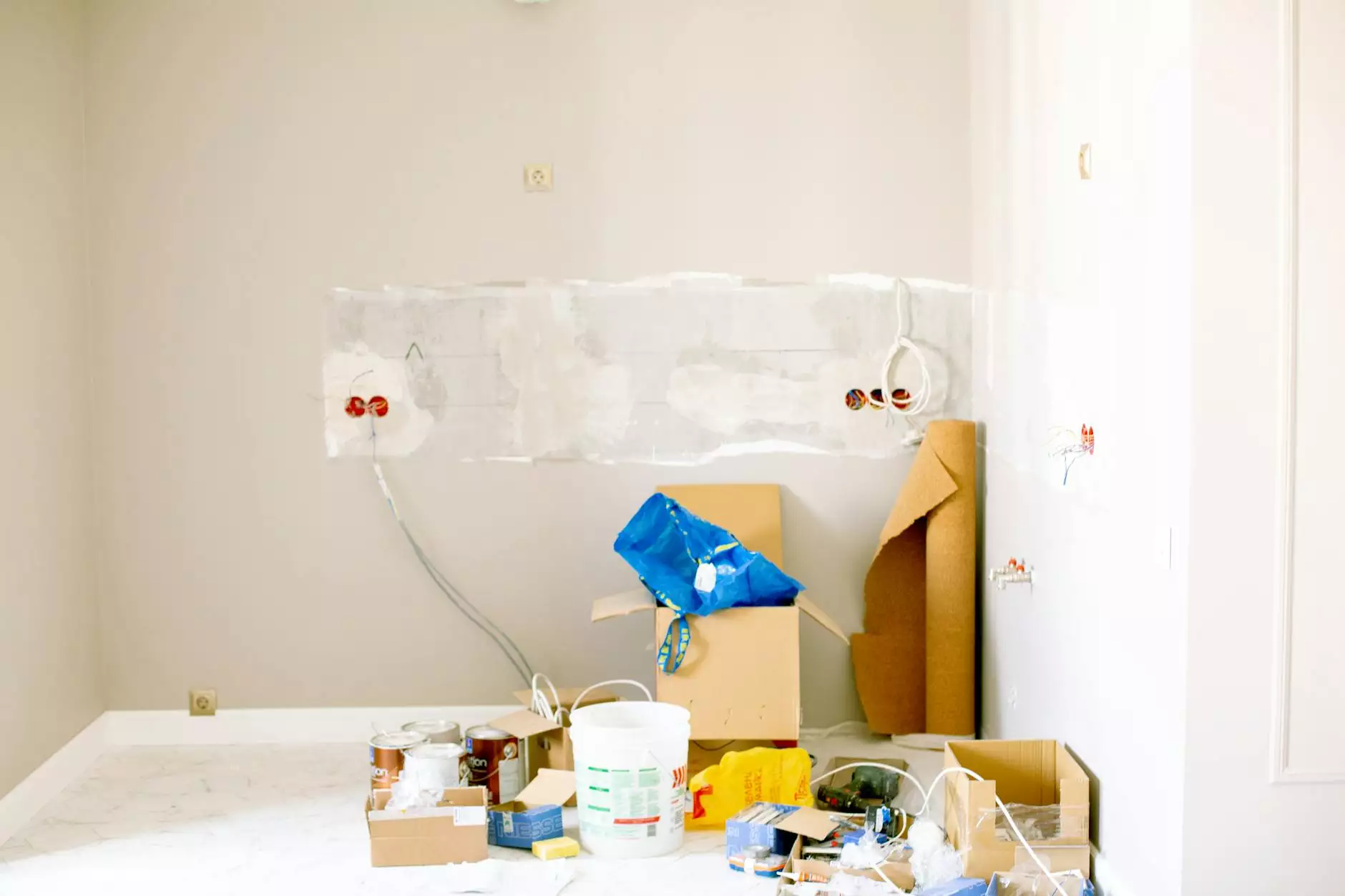How to Check Electrical Wiring in the Home

As a homeowner, it's crucial to ensure the safety and functionality of your electrical wiring. Faulty or outdated wiring can lead to various issues, including electrical failures, shocks, and even fire hazards. In this comprehensive guide, Wall's Electrical, a trusted contractor specializing in home services and electricians, will provide you with essential tips on how to check your electrical wiring to ensure everything is in proper working condition.
Why Checking Electrical Wiring is Important
Electrical wiring is the backbone of your home's electrical system, responsible for supplying power to all your devices and appliances. Over time, wiring can deteriorate due to factors such as age, wear and tear, environmental conditions, or improper installation.
Regularly checking your electrical wiring helps prevent potential hazards. It allows you to identify any issues early on, ensuring a safe and functional electrical system for you and your family.
Precautions Before Conducting Electrical Inspections
Before you begin checking your electrical wiring, it's crucial to prioritize safety. Here are some precautions to follow:
- Turn off the power: Always turn off the power supply to the area you'll be inspecting. This helps eliminate the risk of electrical shocks while working on the wiring.
- Use proper protective gear: Wear safety goggles, gloves, and appropriate clothing to protect yourself from potential hazards.
- Have a professional present: If you're uncertain or uncomfortable working with electrical systems, it's best to consult a qualified electrician, like Wall's Electrical, to assist you.
Visual Inspection of Electrical Wiring
An initial visual inspection can often reveal common issues with your electrical wiring. Inspect the following:
- Exposed wiring: Check for any exposed or frayed wires that could pose a safety risk. If you find any, they should be promptly replaced.
- Outlets and switches: Inspect outlets and switches for signs of damage, discoloration, or loose connections. Faulty outlets and switches should be replaced by professionals.
- Electrical panels: Examine your electrical panels for signs of rust, corrosion, or overheating. If you notice any of these, contact Wall's Electrical for further inspection.
Testing Electrical Wiring
While a visual inspection is essential, additional testing can provide a more thorough evaluation of your electrical wiring. Here are some tests you can perform:
1. Outlet Testing
Use a receptacle tester or multimeter to check the outlets in your home. Make sure they're properly grounded, and all connections are secure. Test each outlet individually, including GFCIs (Ground Fault Circuit Interrupters) commonly found in kitchens, bathrooms, and outdoor areas.
2. Circuit Breaker Testing
Test your circuit breakers to ensure they trip properly when overloaded. You can do this by turning on multiple high-power appliances simultaneously and checking that the circuit breaker shuts off power as expected.
3. Light Switch Testing
Verify that all light switches in your home operate correctly. Dimming switches should adjust lighting smoothly without flickering or buzzing noises.
When to Seek Professional Help
While visual inspections and basic tests can help identify minor issues, some problems require professional intervention. Contact Wall's Electrical when encountering the following scenarios:
- Burnt smell: If you notice a burning odor coming from outlets, switches, or electrical panels, this indicates a potential fire hazard.
- Frequent circuit breaker trips: If your circuit breakers often trip even when there's no overload, it suggests a problem within the wiring.
- Flickering lights: Lights that continuously flicker or dim signify wiring issues that need immediate attention.
Conclusion
Regularly checking your electrical wiring is crucial for maintaining a safe and functional home. By following the visual inspection and testing methods provided in this guide, you can identify potential issues and address them promptly. Remember, if you're unsure or encounter significant problems, it's always recommended to consult a qualified electrician like Wall's Electrical, who can ensure the utmost safety and efficiency of your electrical system.
how to check electrical wiring in the home








